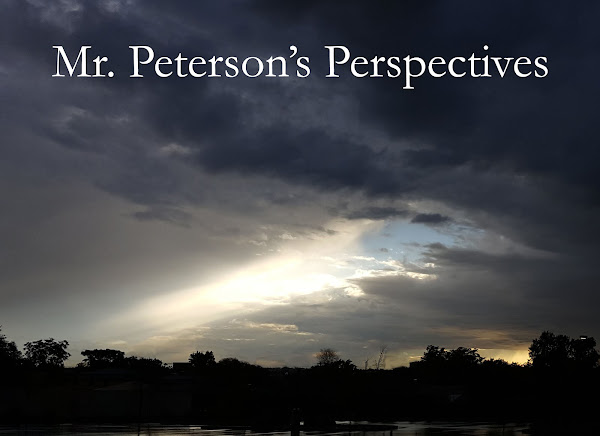I recently read Bartolome de las Casa's classic book
A Short Account of the Destruction of the Indies. It is a first-hand account by the Bishop of Chiapas of the depredations and atrocities that descended on the Americas following the arrival of the Spanish.
The account is jaw-dropping as Bartolome details the campaigns that subdued and subjected each country in Central and South America. For instance, the Conquistadors established a practice of entering cities under pretenses of peace, dining with the leadership of a native kingdom, and then rising up and killing all the nobility during the event. This decapitated, literally and figuratively, the leadership of the community and put the rest of the population into terror and the control of the Conquistadors. The remaining population would then be tortured to expose the source of their gold, sold into slavery, or held captive for an even worse fate.
When the people fled to escape this brutality, they typically fled for the mountains. The Spaniards had brought with them a particularly potent tool for dealing with this problem: the mastiff. The Spaniards brought these enormous dogs with them and trained them to hunt and consume human flesh. Many of the natives held captive were used as fresh food for these animals. While on the hunt, the dogs were set loose to chase down the natives in hiding and devour them.
In one case, a Spaniard ravaging the Guatemalan countryside conquered several villages totaling 20,000 people. He subjected these people to become his army in his march across the land. However, he refused to feed them. Instead, he promised them the meat found on the bones of the armies they defeated. And thus, the army went about destroying and consuming communities across the country in a scene of endless indescribable horror.
This book has forever changed my world view. From a historical sense it has illuminated my mind to the importance of our heritage and our histories. This is especially so when it comes to the founding events that have set countries and nations into existence. The United States of America was founded by those seeking to create a new life. The Puritans were seeking to escape religious persecution. Many more came for economic freedom and opportunity which did not exist in England at the time.
These colonizers of North America came escaping oppression; yet, the Spaniards who descended on Central and South America were the authors of it. This fact ranks among the greatest of injustices to a people; for it not only affected those alive at the time, but echoes through the generations to the present.
Following the Conquest, a social order was established called the
Sistema de la Casta, which institutionalized racism and based economic and social fortunes for individuals on the purity of their Spanish blood. This system created a pecking order of social standing with Spanish immigrants at the top and indigenous people and African slaves at the bottom. Though abolished, the effects of this historic practice cast a long and lingering shadow on the culture of countries unlucky enough to have been "settled" by the Spanish.
Today, the economic policies of the Mexican government rely on the United States' goodwill to prevent social upheaval. In the early 1980's, economic forces put tremendous pressure on Mexico and its currency. At that time, most of the indigenous poor worked on collective farms run by the government. Inflation induced by national debt excesses pushed the poor to a breaking point where food and necessities were unaffordable. To ease the tensions, the Mexican government encouraged its poorest and most oppressed people, people we would recognize today as being at the bottom of their former sistema de la casta, to emigrate to the U.S. This movement of people saved Mexico from a potentially violent revolution. Yet, the U.S. was left to absorb the new economic refugees however it could. This phenomena created pressure within the U.S. and culminated in the 1986 legislation called the Immigration Reform and Control Act (IRCA or "Reagan Amnesty").
Thus, we see an example of how the different histories of two nations, one founded on oppression, and the other founded on freedom, affect how they pursue their own self-interest based on the conscience and values imbued at their founding. While the IRCA was a bait-and-switch policy failure due to half of the Act going unfunded and unimplemented, as originally written, it reflected rational and reasonable thought on how to balance American ideals of freedom with the reality that our country's capacity to digest and assimilate immigrant populations at any one time is limited.
As we prepare to celebrate Columbus Day, may we take note of our good fortunes in the United States and better understand our neighbors in the Western Hemisphere who wish to have fared as well as we have.









